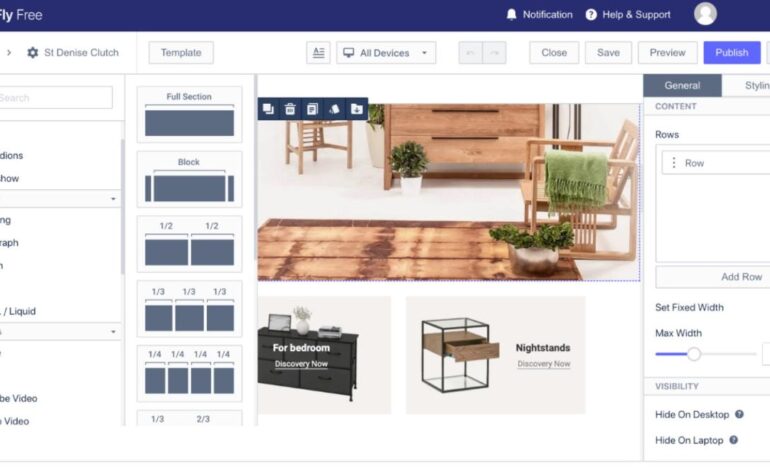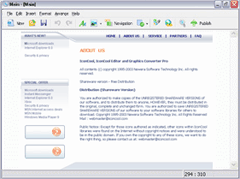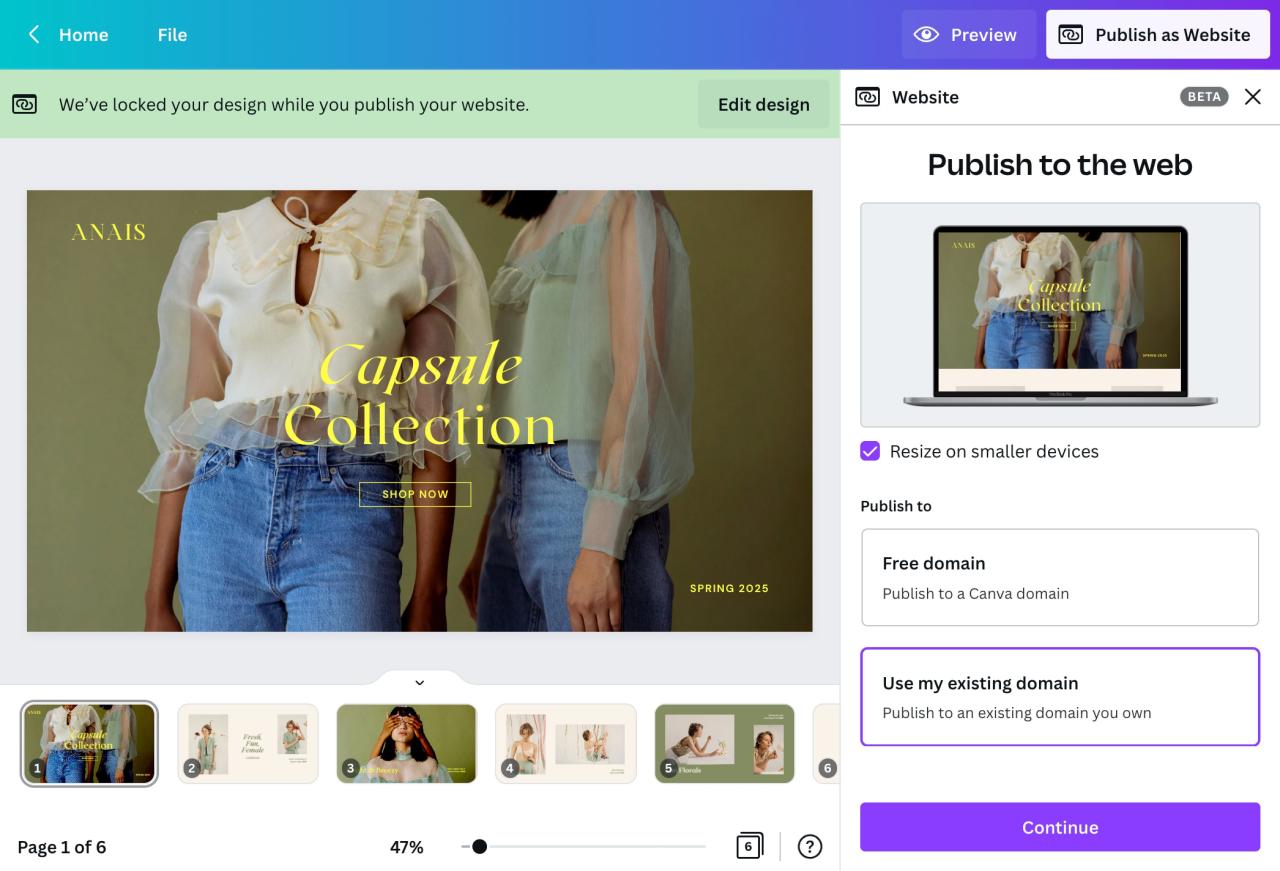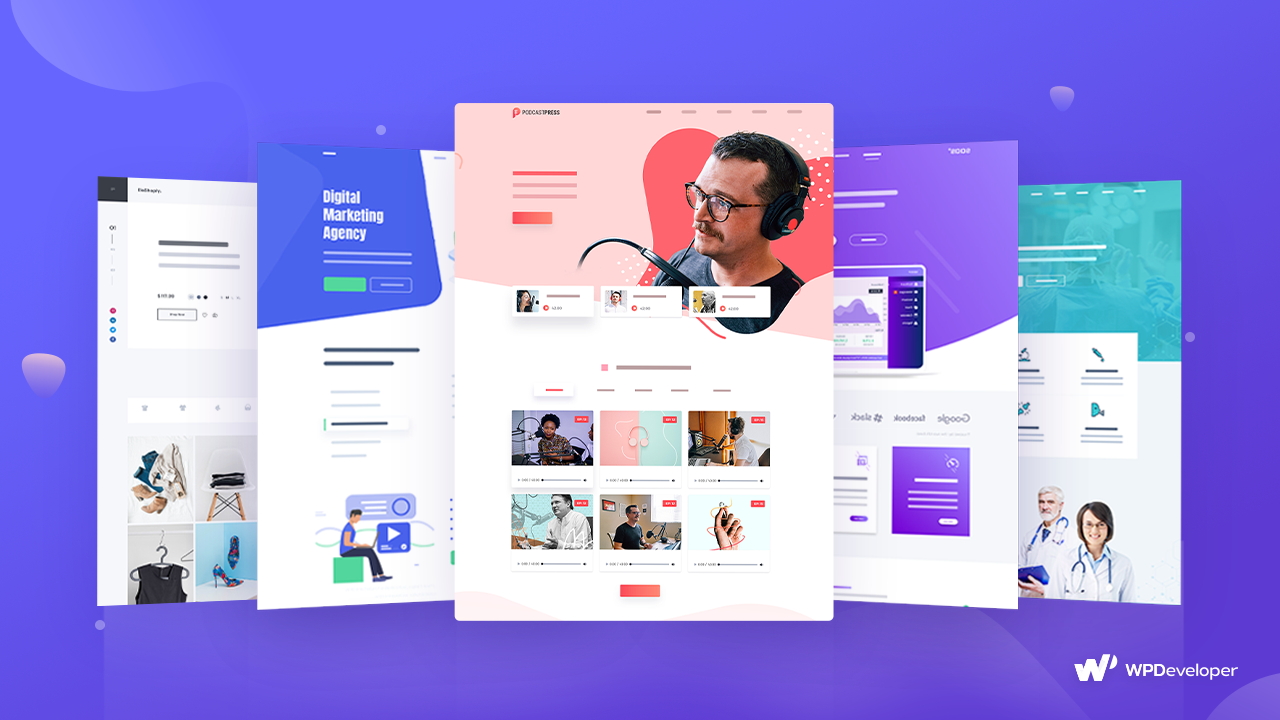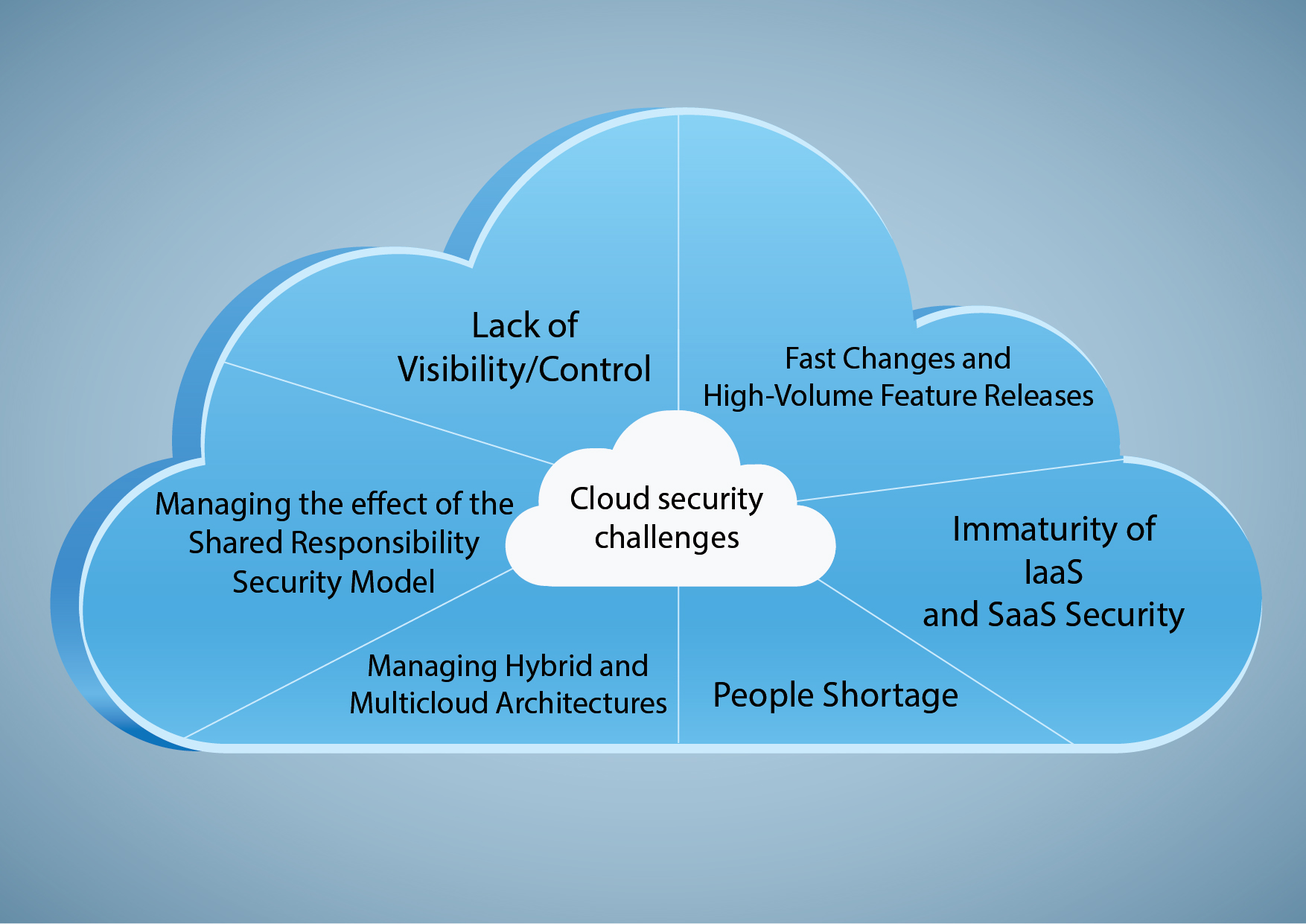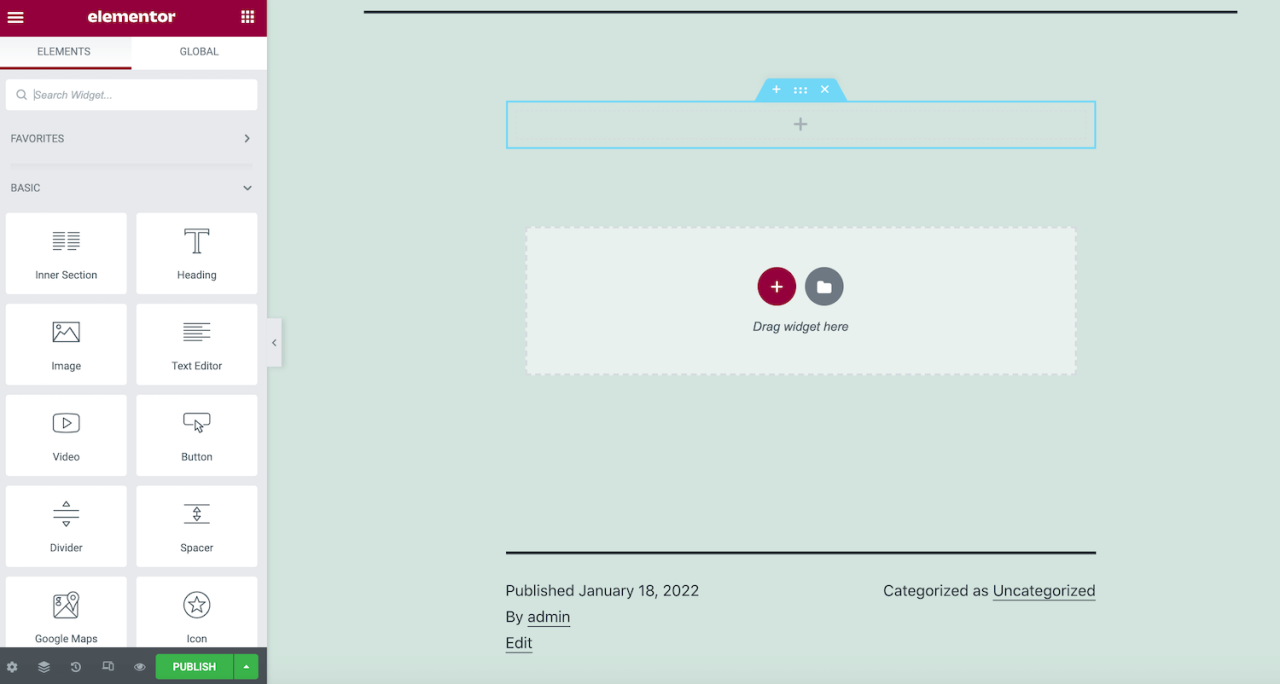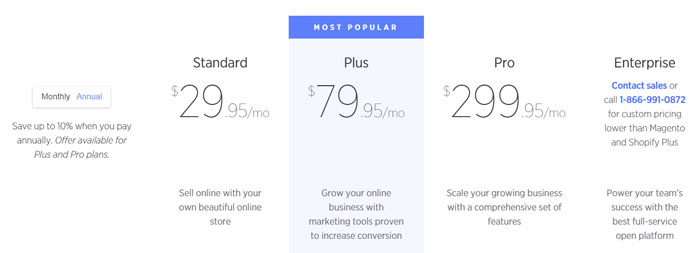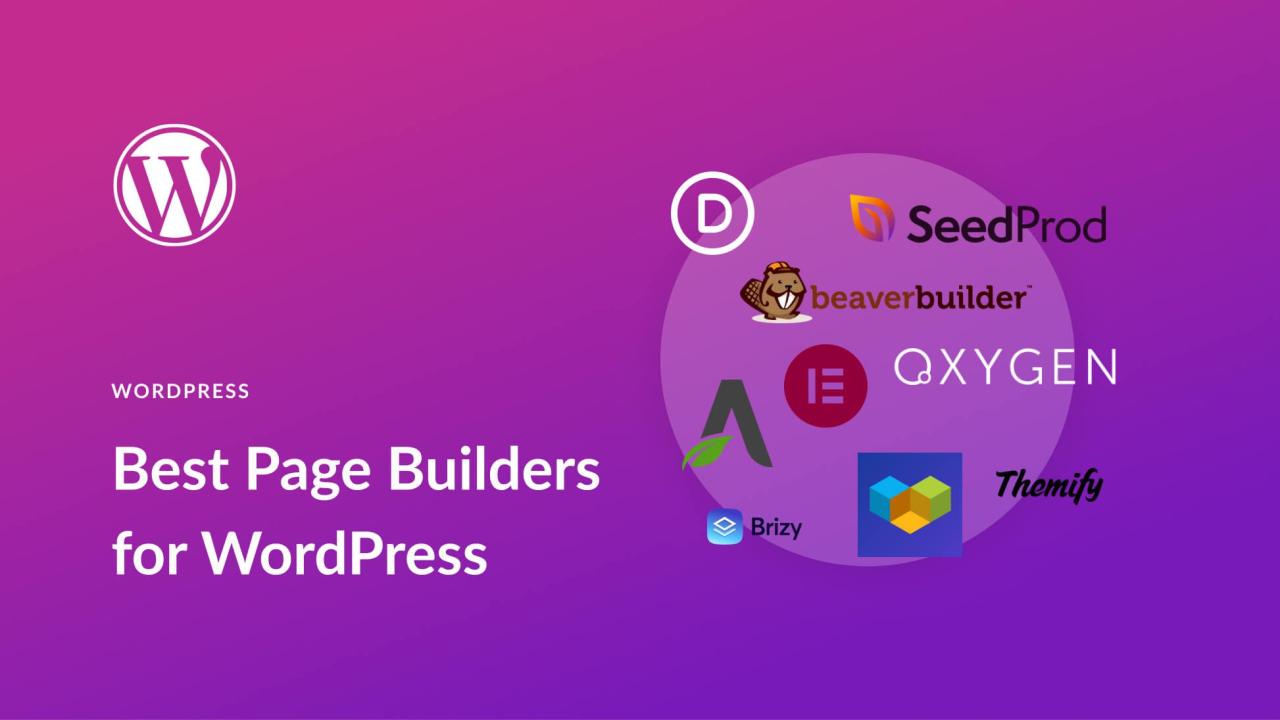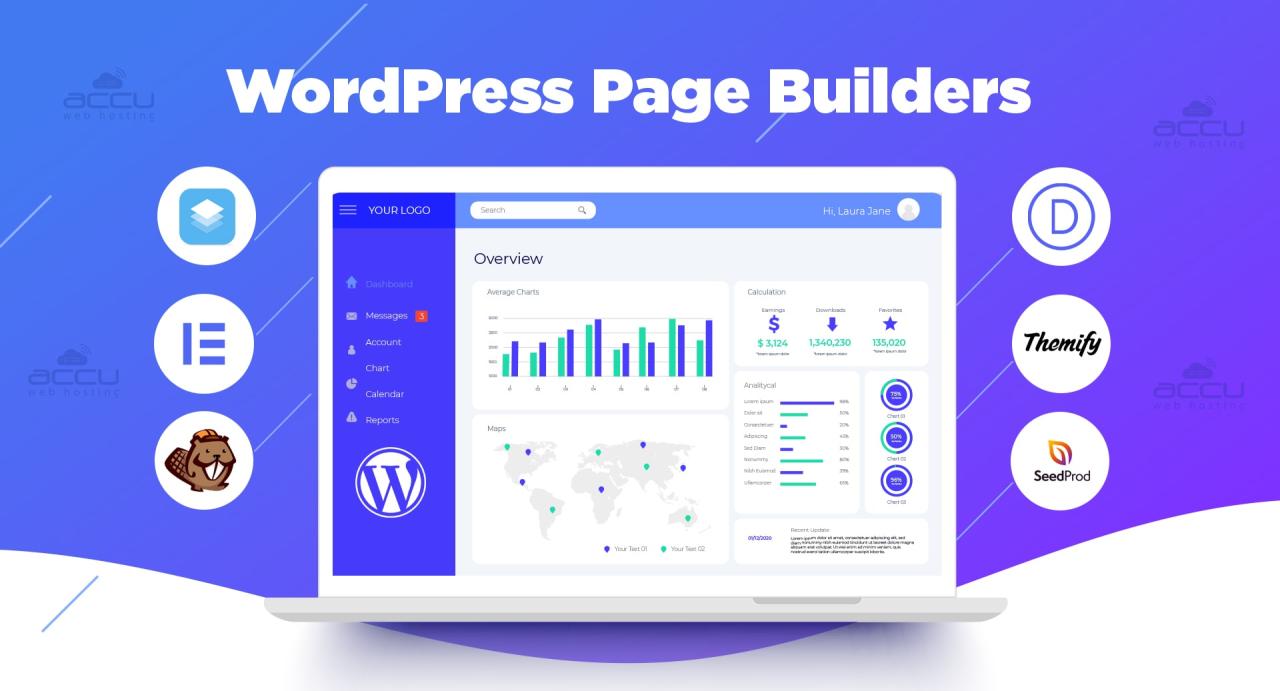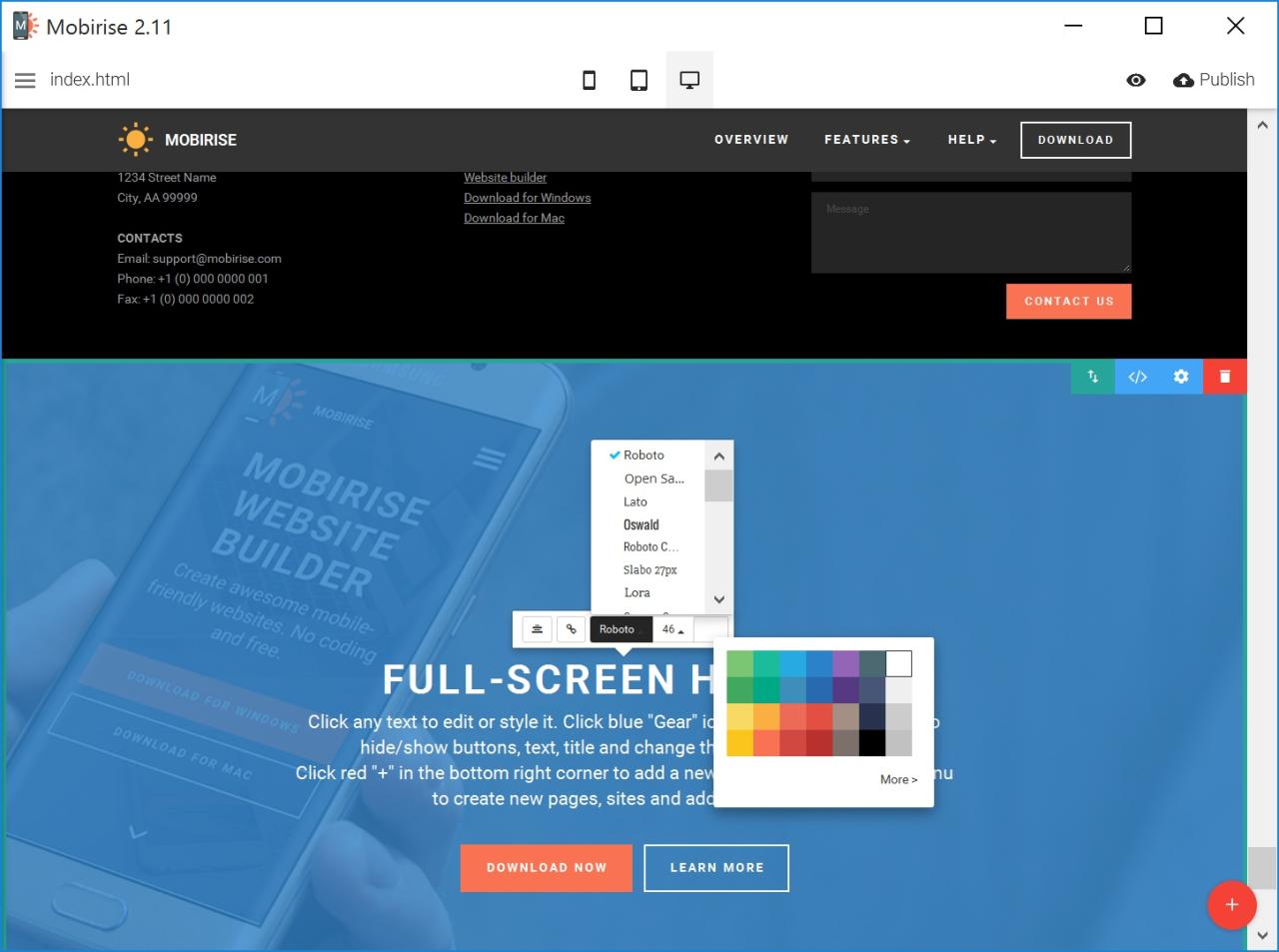Best Web Site Maker Create Your Dream Site Today
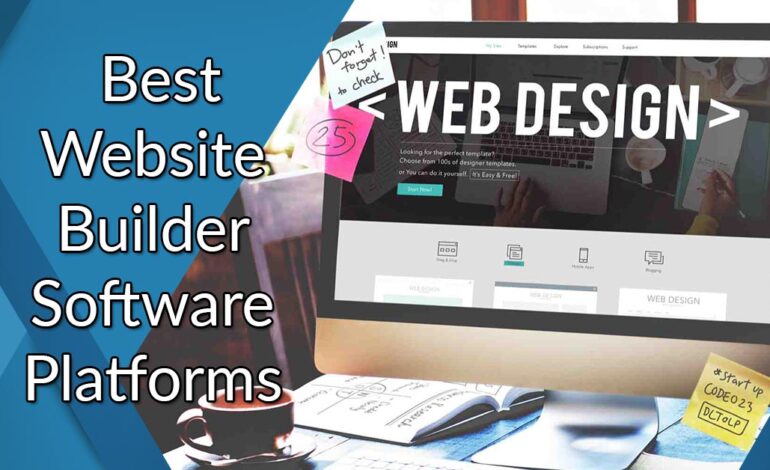
In today’s digital age, a website is often the first point of contact between you and the world. But the thought of coding and designing a website from scratch can feel overwhelming, right? That’s where web site makers come in.
These user-friendly platforms empower anyone, regardless of technical expertise, to create a professional and engaging online presence. They offer intuitive drag-and-drop interfaces, pre-designed templates, and a wealth of customizable features, making website creation accessible to all.
This article will delve into the world of web site makers, exploring their benefits, the different types available, and how to choose the perfect one to bring your online vision to life. Prepare to discover how these tools can unlock your digital potential and help you build a website you’re proud of, without the need for complex coding.
Choosing the Right Website Maker: A Simple Guide
So, you’re ready to build a website? Fantastic! The modern web offers an array of options, from coding it yourself to using a website builder. Let’s explore how these platforms help you get online.
A “website maker,” in simple terms, is a tool that enables you to create a site without needing to write lines of code. Think drag-and-drop interfaces, pre-designed templates, and helpful widgets.
These platforms democratize web design, making it accessible to small businesses, freelancers, and anyone with a message to share. The possibilities are endless!
This guide will help you navigate the choices. We will discuss essential features, evaluate what really matters, and empower you to pick the perfect tool for your specific needs.
Understanding Website Maker Basics
Website builders offer a visual approach to design. You select a layout, swap images, tweak text, and publish. This contrasts with coding, where you write instructions for the browser to interpret.
They usually bundle hosting, security updates, and essential plugins. This all-in-one nature greatly simplifies the initial setup process.
Consider a website maker like having a ready-to-assemble kit. All the components are there; you just need to put them together creatively.
This does mean, though, you have limited customization. It’s important to be aware that with ease of use comes certain restrictions and limitations.
Key Features to Look For
Templates matter! A good template should be visually appealing, responsive (look great on all devices), and easily customizable.
Does the website maker have a drag-and-drop editor? This allows you to move and rearrange elements with total ease.
Check to see if they provide e-commerce capabilities if you plan on selling products. Payment gateway integration is essential.
SEO tools are vital for visibility! The chosen platform should allow you to edit meta descriptions and optimize images, helping search engines find your site.
Consider integrations as well. Does it connect to your CRM, email marketing, or social media? Think about the apps you already use!
Free vs. Paid Website Makers
Free builders are appealing but often come with limitations. Expect branded subdomains (yourname.websitebuilder.com) and visible advertisements.
Paid plans unlock custom domain names (yourname.com), remove ads, and offer increased storage and bandwidth. More flexibility is a huge plus.
A free plan is a great place to start, to test the waters. However, for serious projects, a paid subscription is almost always the smarter choice.
Think about it this way: free is like renting; paid is like owning. Your level of control and customization dramatically increases when you own.
Popular Website Maker Options
Several popular platforms deserve your attention. These website makers have various features and price ranges, so it’s best to look around.
Some well-known players include Wix, Squarespace, and WordPress.com (note the “.com” – different than the self-hosted WordPress.org).
Each has its strengths and weaknesses. Wix is known for its ease of use, Squarespace for its design, and WordPress.com for its blogging capabilities.
Explore their free trials (if available) and play around with the interface. See which platform clicks with your workflow.
Making the Right Choice
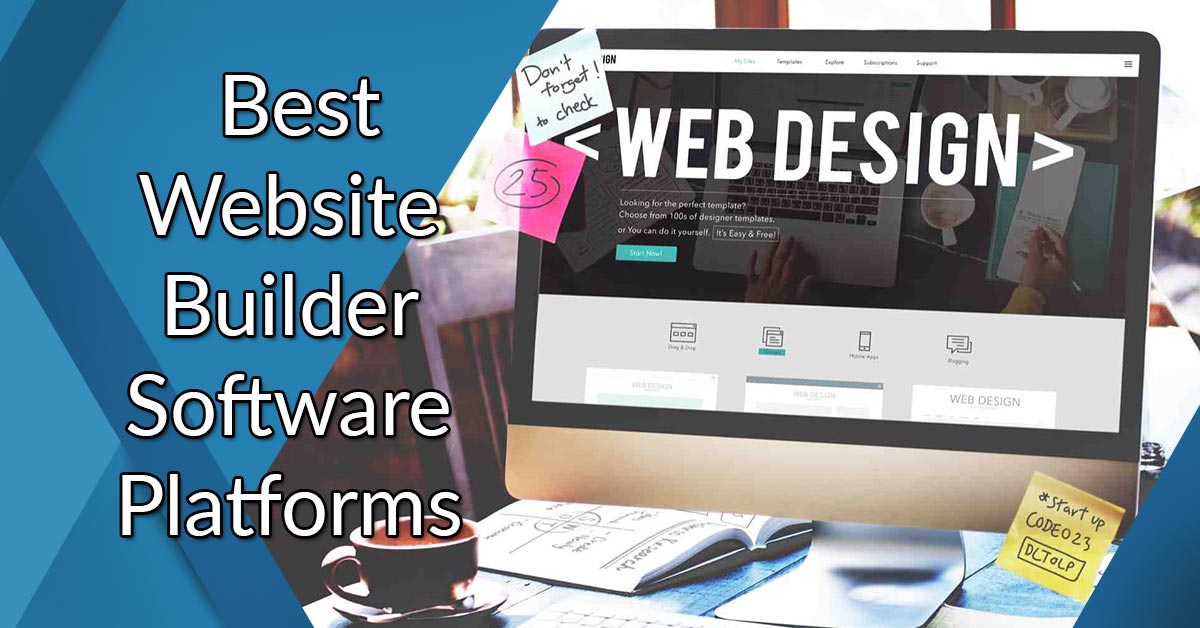
Start by defining your goals. What do you want your website to do? Inform? Sell? Entertain? Your answer will shape your requirements.
Consider your technical skills. Are you comfortable with some coding, or do you prefer a purely visual approach? Be honest with yourself!
Don’t be afraid to try different platforms. Most offer free trials or introductory plans. Get hands-on and see what feels best.
Read reviews and compare features side-by-side. Check independent reviews and customer testimonials for a balanced perspective.
